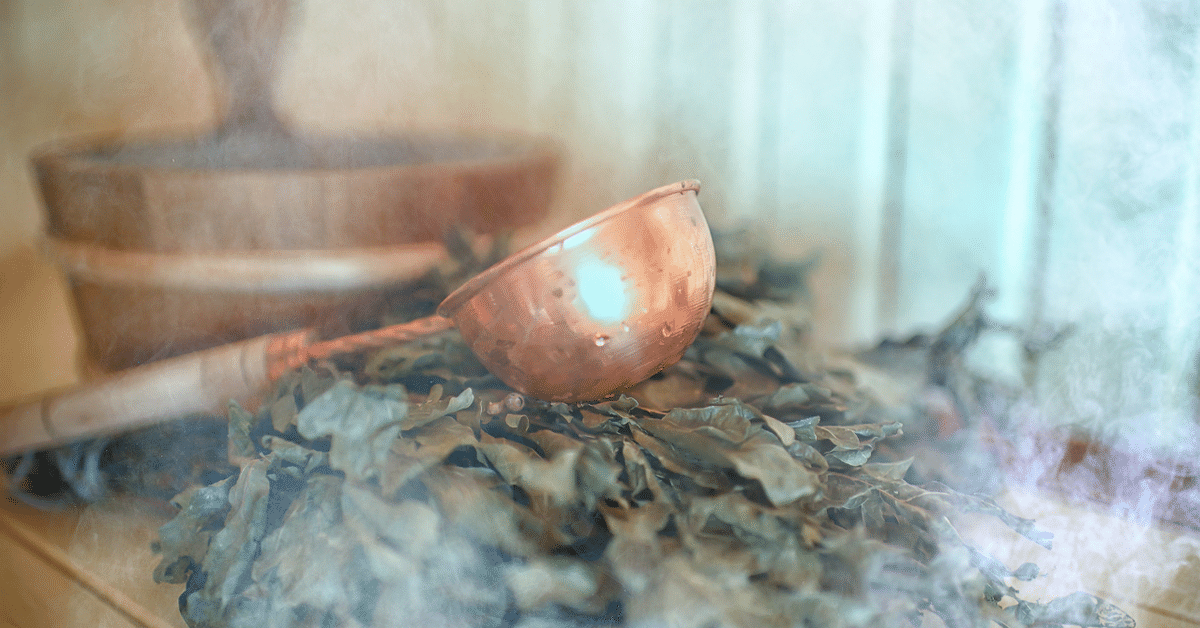
Discovering the Health Benefits of Japanese Sauna Culture
📱Check it out if u are planning to travel to Japan👇
Introduction: The Essence of Japanese Sauna Culture

Japan's sauna culture, steeped in tradition and enhanced by modern wellness practices, offers a unique blend of relaxation and health benefits. Whether it's the natural hot springs of an onsen, the community-focused sento, or the serene ganbanyoku stone baths, Japanese saunas provide an unparalleled experience. For visitors to Japan, understanding and partaking in these practices can offer a deep dive into the country's approach to health and well-being.
The Different Types of Japanese Saunas

Onsen (Hot Springs)
Natural Healing Waters: Onsens are natural hot springs found throughout Japan, often located in picturesque rural settings. The water in onsens is rich in minerals like sulfur, magnesium, and calcium, which are believed to offer therapeutic benefits such as relieving arthritis, improving skin conditions, and promoting overall relaxation.
Cultural Experience: Onsens are not just about bathing but also about experiencing Japanese hospitality and culture. Many onsen towns feature traditional ryokan inns, offering a complete cultural immersion.
Sento (Public Bathhouses)
Urban Oasis: Sento bathhouses are a staple in Japanese cities, providing a communal bathing experience. These facilities often include a variety of baths, such as hot water baths (at varying temperatures), cold water baths, and herbal baths, alongside traditional saunas.
Community Hub: Sentos serve as community hubs where locals gather, fostering social connections and offering a glimpse into everyday Japanese life.
Ganbanyoku (Stone Baths)
Relaxing Stone Therapy: Ganbanyoku involves lying on heated stone slabs, typically made from volcanic rocks like basalt. The gentle, radiant heat from the stones promotes sweating and detoxification without the intense heat of traditional saunas.
Holistic Benefits: In addition to detoxification, ganbanyoku sessions are said to improve metabolism, reduce stress, and enhance skin health.
Traditional Finnish Saunas
Global Influence: Some Japanese bathhouses incorporate Finnish saunas, providing a dry heat experience that complements the moist heat of onsen and sento baths. These saunas typically operate at higher temperatures and are known for their robust sweating and relaxation benefits.
Health Benefits of Japanese Saunas

Enhanced Blood Circulation
Cardiovascular Health: The heat from saunas causes blood vessels to dilate, improving circulation and potentially lowering blood pressure. Regular sauna use is associated with a reduced risk of cardiovascular diseases.
Muscle Recovery: Improved blood flow aids in muscle recovery, making saunas an excellent post-exercise therapy for athletes and fitness enthusiasts.
Detoxification and Skin Health
Sweat Out Toxins: Sweating in a sauna helps to eliminate toxins from the body, including heavy metals and other impurities. This detoxifying process can enhance overall health and well-being.
Radiant Skin: Saunas help to cleanse the skin, removing dead cells and promoting a healthy glow. The increased circulation also nourishes the skin, improving its tone and texture.
Stress Relief and Mental Well-Being
Relaxation and Endorphins: The warm, soothing environment of a sauna promotes the release of endorphins, the body's natural "feel-good" chemicals, reducing stress and fostering a sense of relaxation.
Mindfulness and Meditation: Many people find that the quiet, meditative environment of a sauna helps them to relax mentally, reducing anxiety and improving mental clarity.
Pain Relief and Joint Health
Soothing Heat Therapy: The heat from saunas can relieve muscle and joint pain, making it beneficial for individuals with conditions like arthritis. The warmth helps to relax tight muscles and reduce inflammation.
Japanese Sauna Etiquette and Tips for Visitors

Cleanliness First
Shower Thoroughly: Before entering any bath or sauna, it's essential to shower and clean your body thoroughly. This practice ensures that the baths remain clean and pleasant for all users.
Respect the Environment: Always rinse off any soap or shampoo thoroughly before entering the communal baths.
Hydration and Health
Stay Hydrated: Drink plenty of water before and after your sauna session to stay hydrated and replenish the fluids lost through sweating. Avoid alcohol and caffeine, which can dehydrate you.
Listen to Your Body: Pay attention to how your body feels and avoid prolonged sessions if you start to feel uncomfortable or dizzy.
Cultural Respect
Quiet and Tranquility: Saunas and baths are places of relaxation. Keep noise to a minimum and respect the peaceful atmosphere.
Follow Local Customs: Familiarize yourself with local customs and rules, such as using a small towel to cover yourself modestly when moving around and not bringing large towels into the baths.
Conclusion

Exploring Japanese sauna culture offers a unique opportunity to experience the country's rich traditions and commitment to health and well-being. Whether you soak in the mineral-rich waters of an onsen, connect with locals at a sento, or relax on a ganbanyoku stone slab, the health benefits and cultural insights are immense. Embrace the tranquility and rejuvenation that Japanese saunas provide, and take a step towards holistic wellness during your visit to Japan.
JTI | Japan Travel Itinerary
Empowering your travel dreams with bespoke itineraries crafted by our expert team, independent of vendors for truly personalized experiences.
Check our SNS (Instagram)
🔥We share Japan useful travel tips
https://www.instagram.com/japan_travel_itinerary/
この記事が気に入ったらサポートをしてみませんか?
